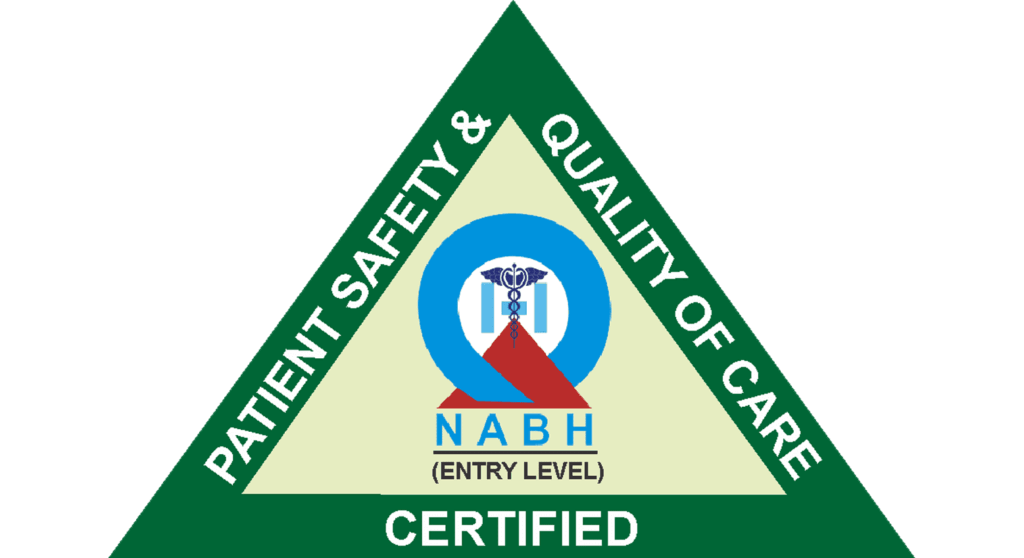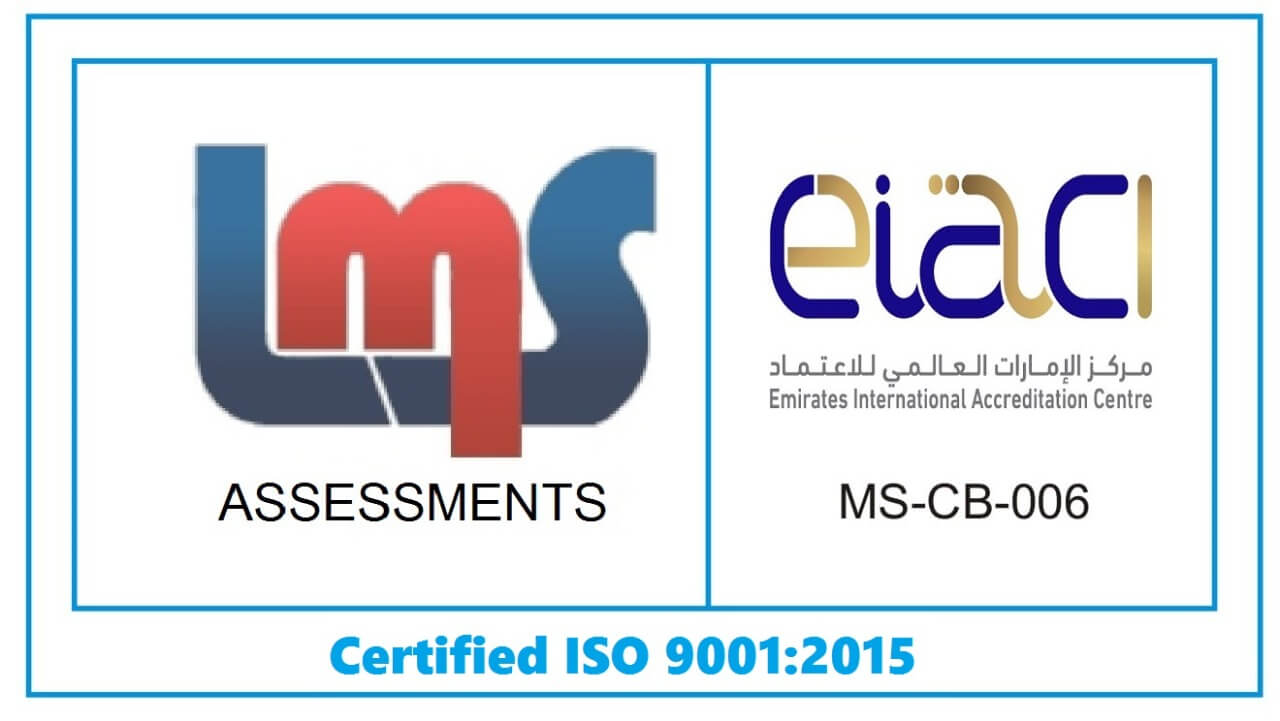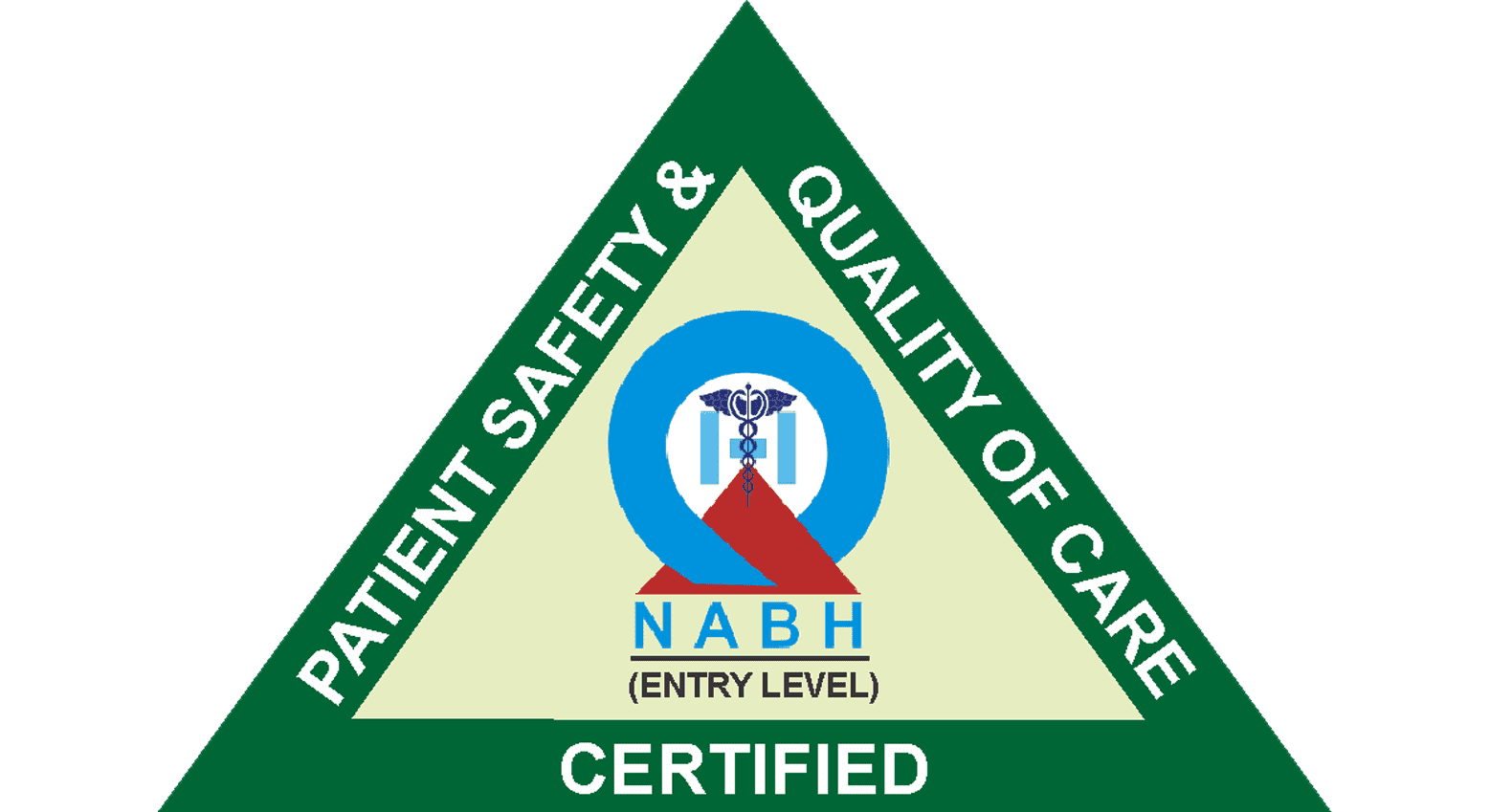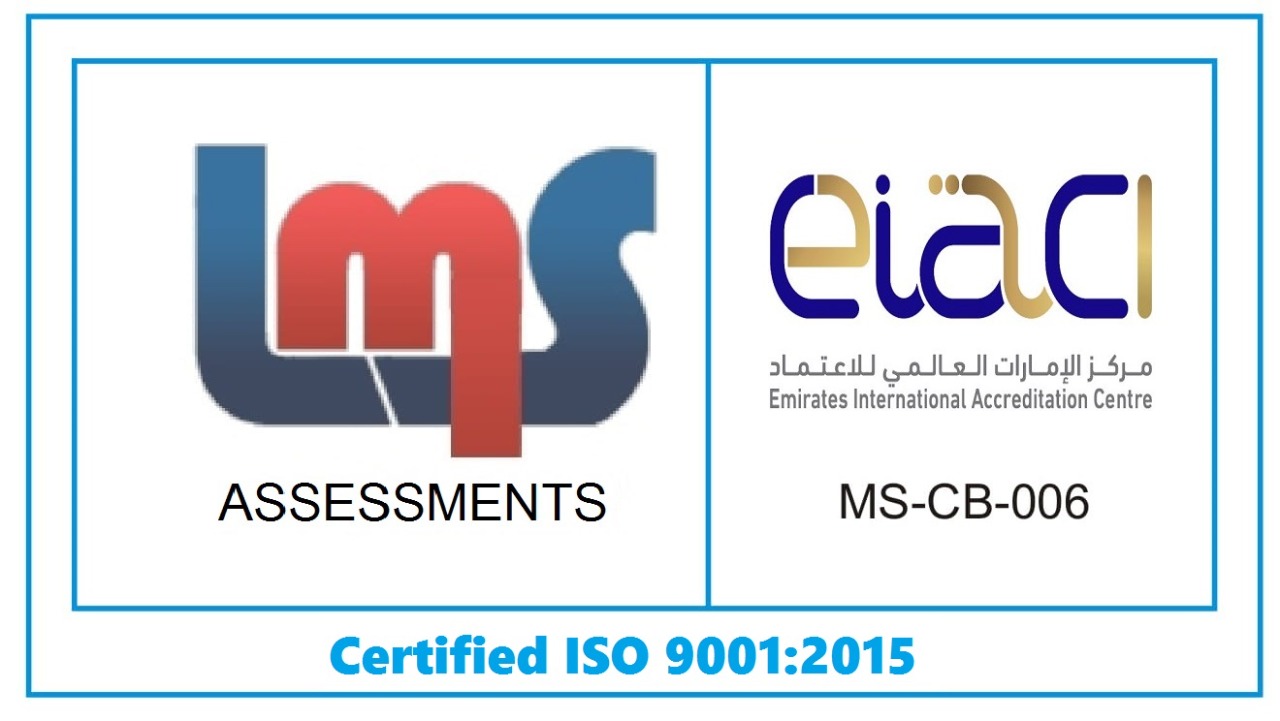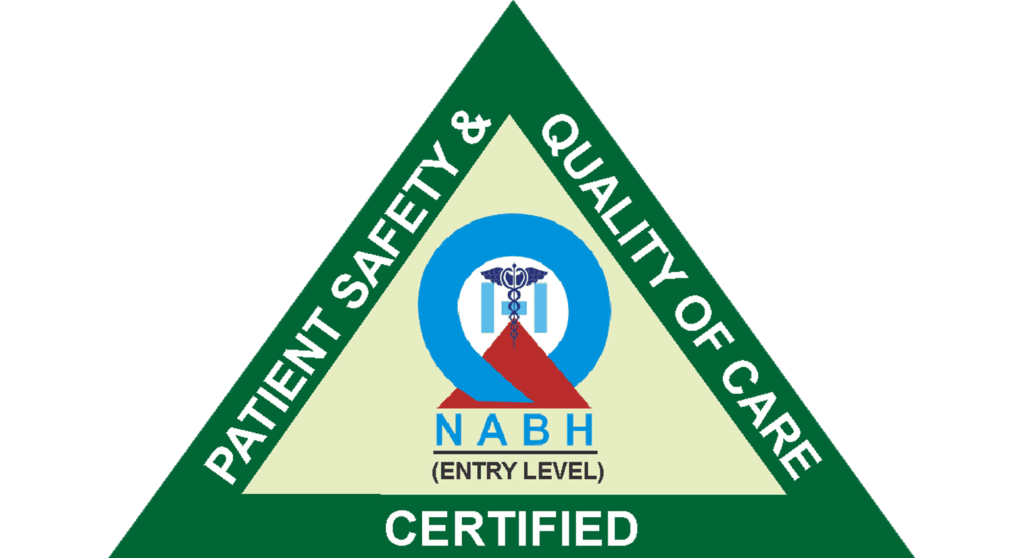
Femtosecond Lasik Surgery
What Is A Femtosecond Laser?
Femtosecond LASIK surgery may be a befitting answer for you, whether you’re looking to improve your appearance, improving your appearance at work, or both.
Femtosecond LASIK, also referred to as Bladeless LASIK, is a common refractive surgery that uses laser technology to reshape the cornea. Your surgeon will use two different types of lasers during the surgery. The first is an ultra-fast femtosecond laser, which is used to create a tiny flap on the surface of your eye that resembles a “door.” Your vision is then progressively corrected by reshaping the underlying corneal tissue with an excimer laser via this flap. Once the flap is repositioned, your eyes heal and adapt naturally.
This method is agreed upon as the most effective, precise, predictable, safe, and patient-friendly option for laser vision correction. It is apt for individuals with mild to moderate levels of myopia, hyperopia, and astigmatism.
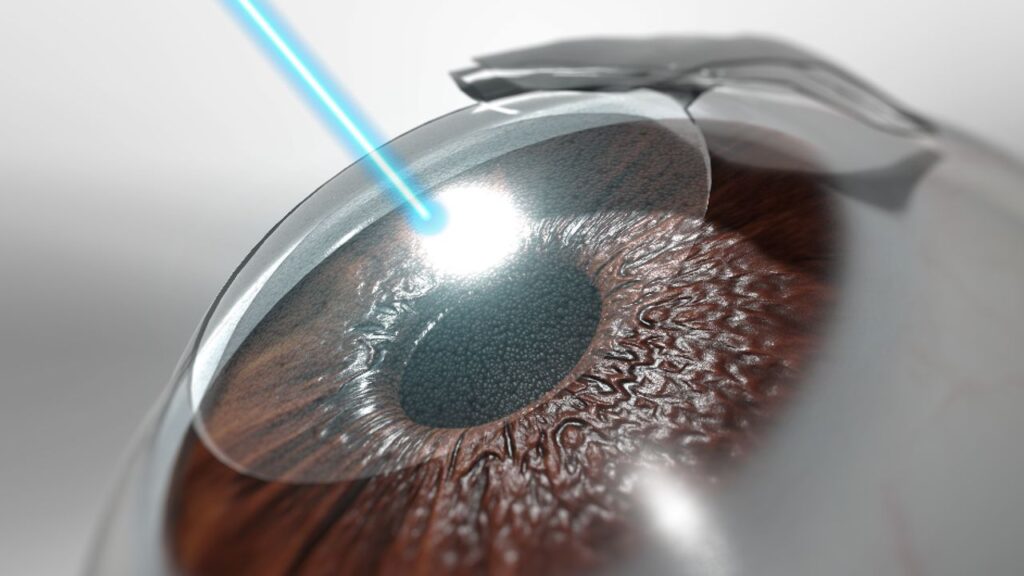
Femtosecond Lasik
Whether you’re at work, enjoying leisure activities, or simply striving to enhance your appearance, Femtosecond LASIK might be the ideal solution you’ve been seeking.
Femtosecond LASIK, also known as Bladeless LASIK or Blade-free LASIK, is a widely performed refractive procedure that involves reshaping the cornea using laser technology. During the procedure, your surgeon utilizes two types of lasers: first, an ultra-fast femtosecond laser to create a thin flap, like a “door,” on the surface of your eye. Through this flap, an excimer laser is then used to reshape the underlying corneal tissue, effectively correcting your vision. Once the flap is repositioned, your eyes heal naturally.
This method is widely regarded as the most effective, precise, predictable, safe, and patient-friendly option for laser vision correction. It is suitable for individuals with mild to moderate levels of myopia, hyperopia, and astigmatism.
REFRACTIVE TREATMENT
ALCON REFRACTIVE SUITE
The WaveLight®FS200Femtosecond Laser
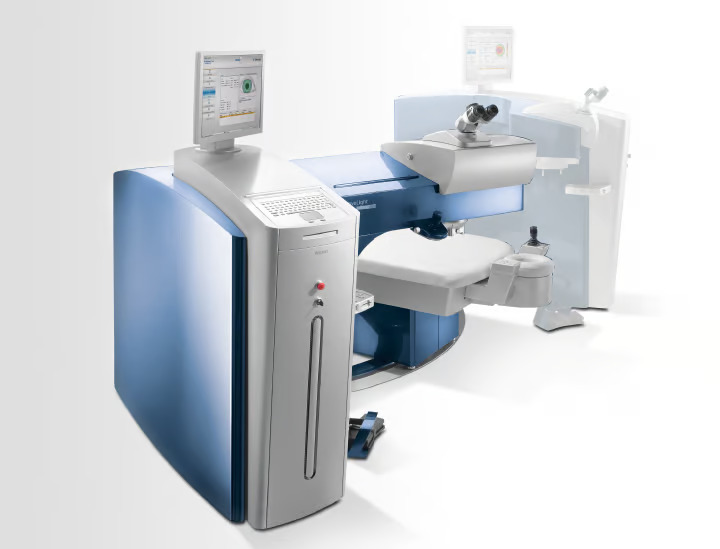
Advantages

Individualized Flaps

Corneal Incisions

Keratoplasties

Corneal Pockets
The WaveLight ®FS200Femtosecond Laser

Advantages

Individualized Flaps

Corneal Incisions

Keratoplasties

Corneal Pockets
Advantages
Personalized
Accurate
Quick
Simple
Wavelight®EX500 Excimer Laser
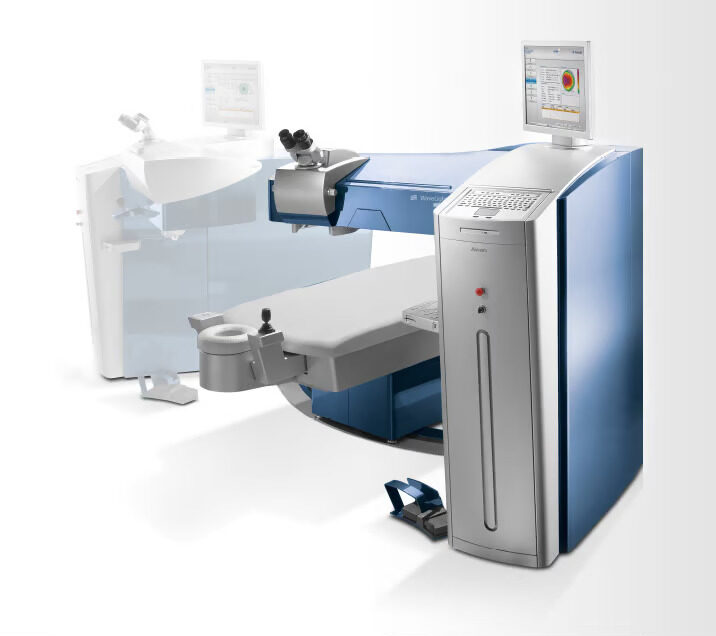
Advantages of Femtosecond Lasik
Femtosecond Lasik Surgery Procedure
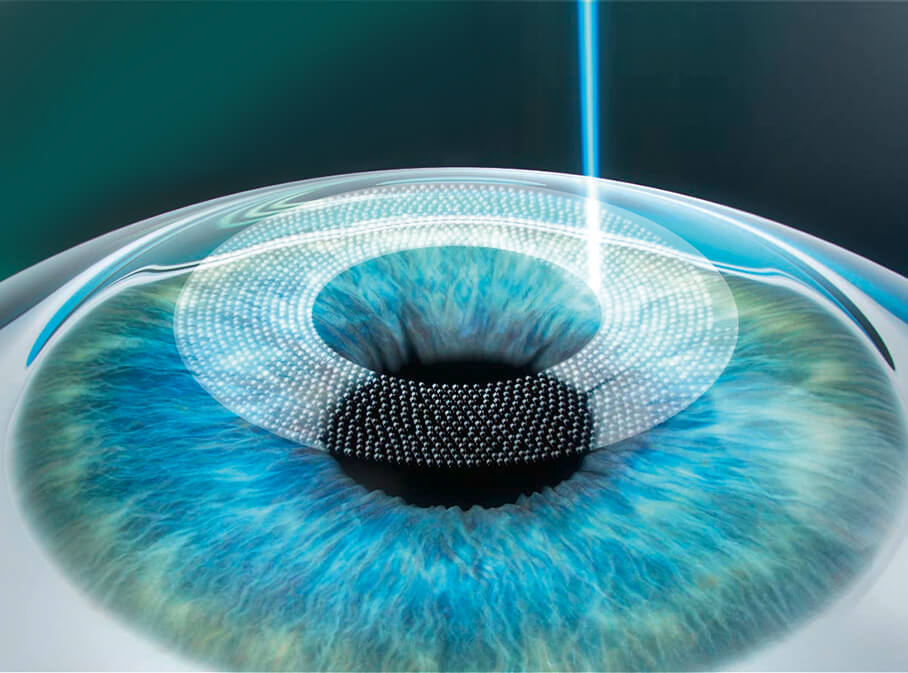
Step 1
Flap Creation
Specific eye drops are applied to numb the eye, and then femtosecond laser pulses are administered to generate a flap on the cornea’s surface.
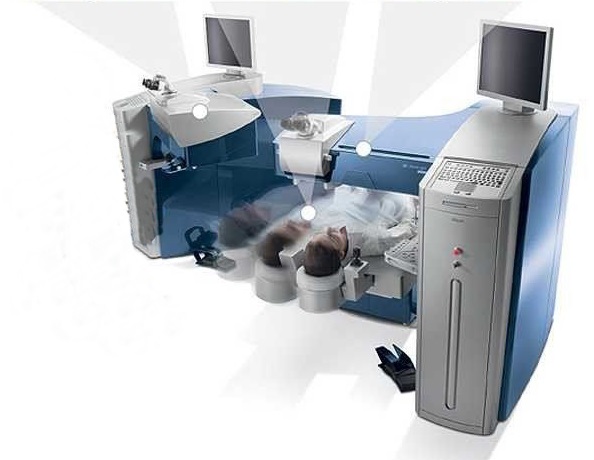
Step 2
Convenient interplay
Using patient supporting apparatus with pivoting setups, the patient can be conveniently moved from the femtosecond laser to the excimer laser.

Step 3
Flap is folded back
The created flap is folded back, resembling the turning of a page in a book, allowing exposure to the inner corneal tissue for the treatment.
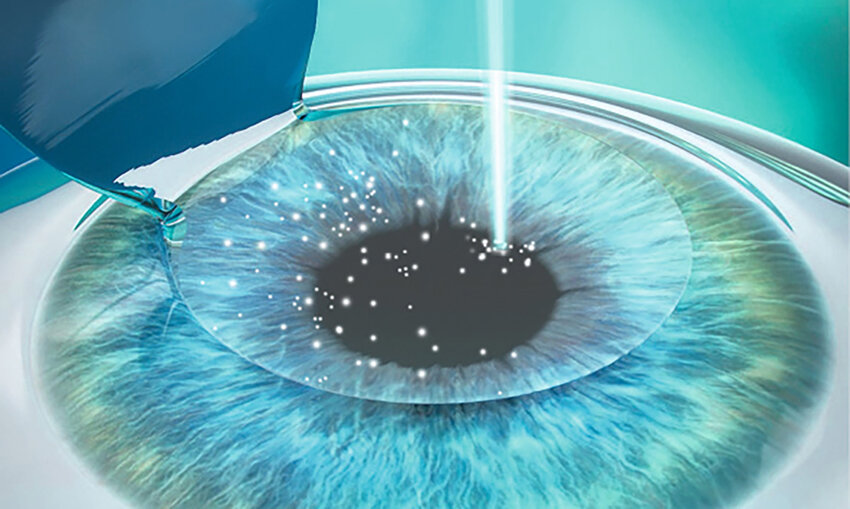
Step 4
Corneal sculpting
By extracting the corneal tissue point by point within seconds, the excimer laser effectively corrects the visual defect.
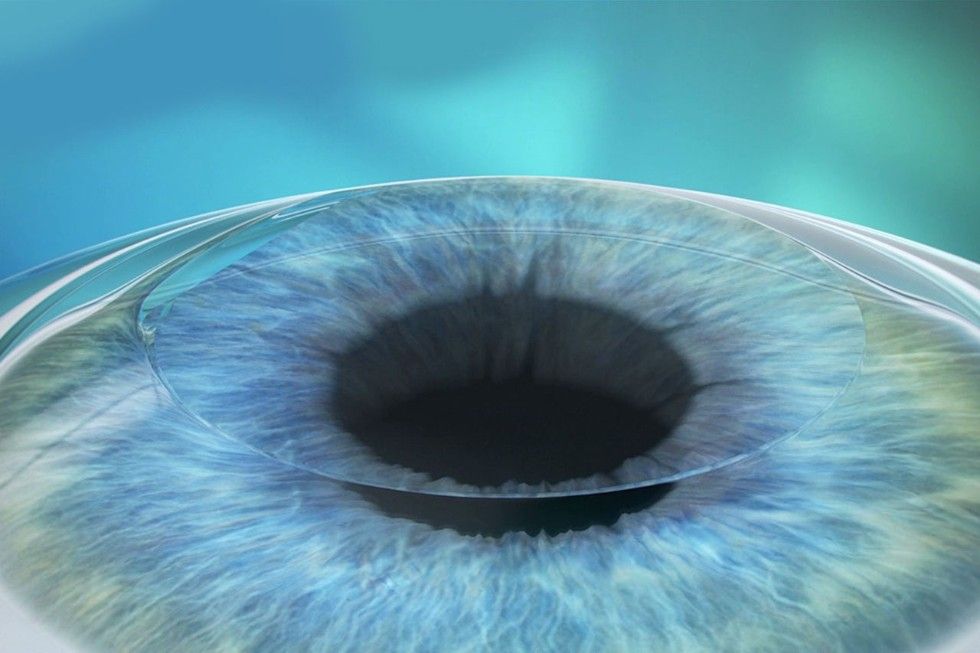
Step 5
Flap is repositioned
Lastly, the flap is repositioned to its initial attachment, acting as a natural bandage to protect the eye.
Femtosecond Lasik Videos
Frequently Asked Questions
Yes, it is considered a safe and credible procedure with a low risk of complications. Note that individual outcomes can vary.
Femtosecond LASIK is a blade free laser eye surgery utilizing femtosecond laser and excimer laser for vision correction, these potentially offer more precision and customization in flap creation.
A femtosecond lasik surgery can typically take around 10 to 15 minutes for each eye.
Although experience of visual outcomes may vary with patients many report improvement within the first day and optimal vision gradually after a few days to a week.
The improvement in vision after the surgery is often long-lasting. Nevertheless, factors like age and changes in prescription over time can affect vision stability.
Complications are quite uncommon, some potential side effects can include temporary dry eyes, glare, or halos. Your surgeon will brief you on potential risks during the consultation.
Many patients achieve significant independence from glasses or contacts, but results can vary. Some individuals may still require glasses for certain tasks or experience changes in vision over time.
There is no standard age limit, any candidate has to be at least 18 years old having a stable prescription for at least one year. Lastly, eligibility is determined on an individual’s condition.
Yes, it is possible and many patients have opted for same-day treatment for both eyes, however, your surgeon will examine your individual case and recommend the most suitable approach.
Femtosecond LASIK for correction of astigmatism is effective in providing clearer vision to individuals who are experiencing this refractive error.

